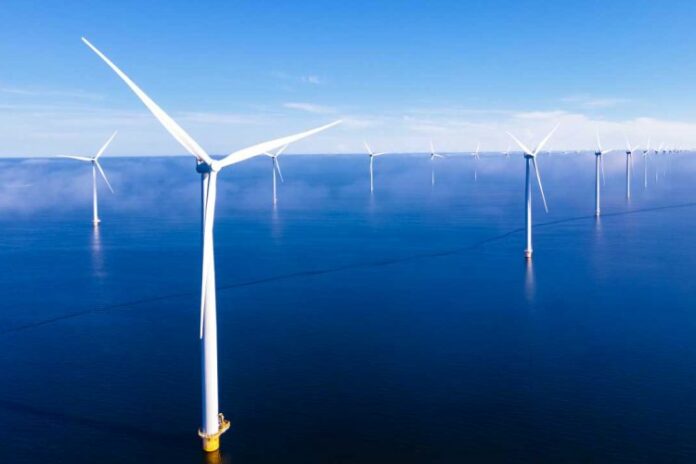Canadian province of Nova Scotia has announced its intention to pause consideration of offshore wind development in provincial waters until the framework for jointly managed federal-provincial areas is in place.
The Province has decided to focus first on building the regulatory framework for offshore wind energy development in areas jointly managed with the federal government before considering waters under solely provincial jurisdiction.
“Offshore wind is an important part of our clean energy plan, and we are working with our federal partners to ensure a clear path for sustainable development of this new sector,” said Tory Rushton, Minister of Natural Resources and Renewables. “We’re pausing any consideration of waters within provincial jurisdiction until the framework for jointly managed offshore areas is in place. The regional assessment that’s ongoing will help inform our decisions for the regulatory framework for both areas, and I encourage Nova Scotians to continue participating and sharing their input. Our decision to focus on jointly managed waters first reflects that we are listening to the feedback through this process.”
Offshore wind in jointly managed federal-provincial waters will be governed by the Act to amend the Canada-Newfoundland and Labrador Atlantic Accord Implementation Act and the Canada-Nova Scotia Offshore Petroleum Resources Accord Implementation Act (Bill C-49) and associated regulations. Bill C-49 amends the existing Accord Acts, which governed offshore oil and gas development in Nova Scotia and Newfoundland and Labrador, to include the regulation of offshore renewable energy like offshore wind.
The Bill was introduced into the House of Commons in May 2023 and is currently being considered by the Standing Committee on Natural Resources. Bill C-49 is expected to enter into force in 2025, in time for the Province of Nova Scotia’s projected first offshore wind lease auction.



